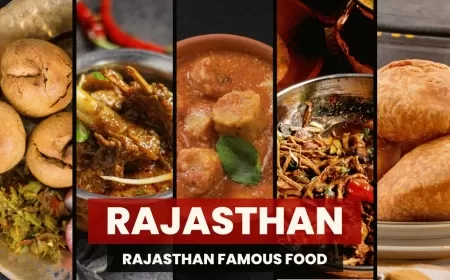McDonald's faces backlash over controversial romantic ad between customer and employee
McDonald's finds itself at the center of controversy due to an advertisement that portrays a romantic relationship unfolding between a customer and a staff member. The fast-food chain receives widespread criticism for the questionable messaging in the ad.

The new McDonald's commercial, which depicts a prospective romance developing between a man and a woman, drew a lot of criticism from people who questioned the concept.
McDonald’s has been successful in developing distinctive commercial advertisements that capture the spirit of its brand and appeal to a diverse spectrum of customers. Whether via catchy jingles, imaginative imagery, or nostalgic themes, their ads have helped to establish McDonald’s as one of the most known fast-food restaurants in the world.
McDonald’s has always relied on innovation to get customers to visit their locations throughout the world.
However, occasionally corporate initiatives, particularly in areas such as advertising, can elicit public criticism. McDonald’s recently posted an ad on their social media channels depicting a guy purchasing a meal and a female employee delivering him the food. Both the guy and the woman make eye contact, and the advertisement suggests that a love tale is developing between the two. After finishing his meal, he can be seen getting in line again, this time to meet the woman and strike up a discussion.
Also Read: Zomato's 'Kachra' campaign video sparks outrage, taken down due to public backlash
“Sometimes, the greatest love stories begin with the smallest of gestures – a glance, a smile, a meal.” Watch this odd date to see how lunch can provide you with #MoreForLess for just Rs.179! “Visit a McDonald’s near you and get McVeggie Meals for Rs.179,” McDonald’s said in a tweet accompanying the video.
The advertisement received a lot of negative feedback from those who questioned its purpose. A select few others also disagreed with the ad’s central thesis.
What's Your Reaction?
 Like
0
Like
0
 Dislike
0
Dislike
0
 Love
0
Love
0
 Funny
0
Funny
0
 Angry
0
Angry
0
 Sad
0
Sad
0
 Wow
0
Wow
0






































































































